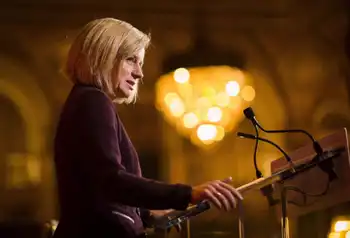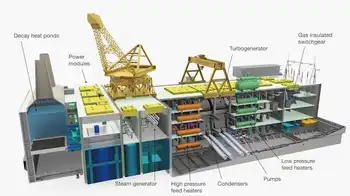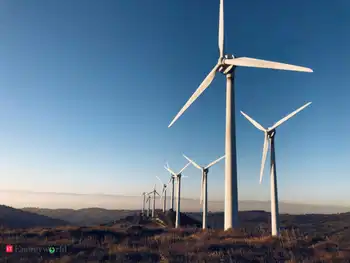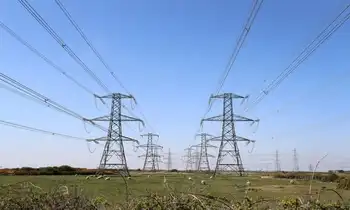Hydro One searches for Most Valuable Power$aver
The company is encouraging people who are using creative ways to conserve energy to enter Hydro One's Energy Conservation Week contest at www.hydroone.com/ecweek. The winner of the contest will win an energy efficient backyard makeover.
Contest entrants can share their energy conservation tips by sending a short email or a digital picture. They can also submit a video, or a link to a video. A panel of judges will review the entries and select Ontario's MVP.
An energy efficiency and landscaping expert will audit the winner's current energy consumption and help design, purchase and install an energy-efficient backyard that will help improve the winner's heating and cooling costs.
"We believe that the people of Ontario are taking the lead in conserving electricity and we want to help them share their great ideas with everyone in the province," says Giuliana Rossini, Hydro One's Director of Conservation.
"We're proud to support Energy Conservation Week."
"Hydro One's Most Valuable Power$aver contest is a great opportunity for Ontarians to participate in Energy Conservation Week and be rewarded for taking the lead in building a culture of conservation," says Peter Love, Ontario's Chief Energy Conservation Officer.
In 2007, Hydro One's conservation and demand management measures realized more than 170 million kilowatt of energy savings. Together with additional kWh savings since the program's inception in 2005, the Company's measures have resulted in savings of 272 million kWh of energy in Ontario, or enough electricity to meet the needs of a small city for a year (23,000 homes) and represented a carbon emissions reduction of 178,000 tonnes.
Related News
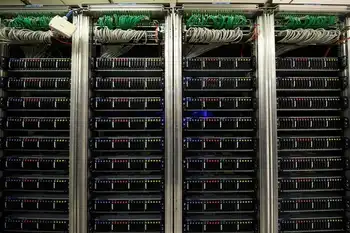
China's Data Centers Alone Will Soon Use More Electricity Than All Of Australia
BEIJING - A hidden environmental price makes storing data in the cloud a costly convenience.
Between 3 to 5% of all electricity used globally comes from data centers that house massive computer systems, an amount comparable to the airline industry, says Ben Brock Johnson, Here & Now’s tech analyst.
Instead of stashing information locally on our own personal devices, the cloud allows users to free up storage space by sending photos and files to data centers via the internet.
The cloud can also use large data sets to solve problems and host innovative technologies that make cities and homes smarter,…


